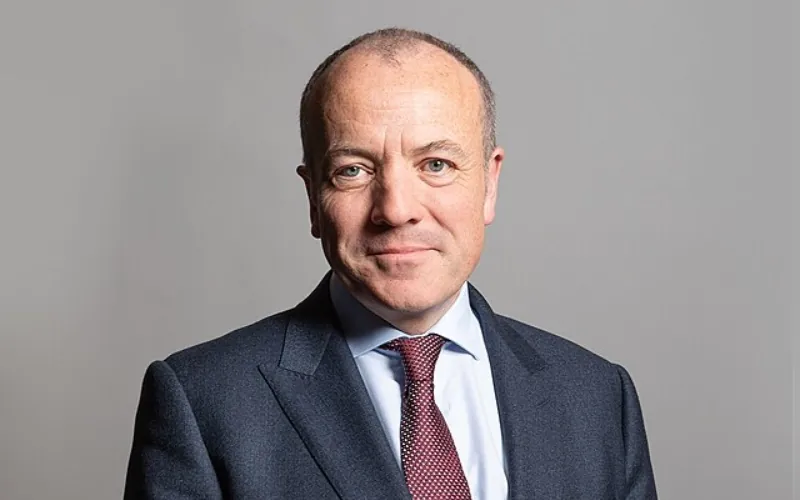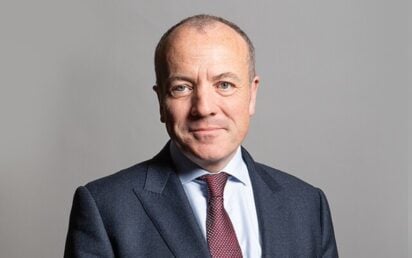Drone services at a commercial scale and flying taxis could soon be a reality according to the UK Government after the Aviation Minister confirmed over £20m funding to launch new flight technologies.
The new funding is aiming to unlock barriers to growth – which is the priority of the Plan for Change – and maximise opportunities for better and cheaper public services while cutting carbon emissions.
It is designed to advance aviation tech to support healthcare for the NHS, assist police forces in combatting crime, help inspect and survey critical infrastructure and unlock delivery services for businesses and communities across the country.
“I want the UK to have the most advanced aviation technology ecosystem in the world,” said Aviation Minister Mike Kane.
“That means creating a nimble regulatory environment and a culture of innovation so everyone can benefit from cutting-edge transport while tackling emissions, traffic and potentially saving lives.
“Our investment alongside the new Future of Flight industry group will bring together tech experts, drone operators, flying vehicle manufacturers and local communities to identify where change needs to happen.”
Science Minister Lord Vallance added: “These regulatory reforms for drones – requiring all aircraft to share their location – will make drone operations safer and therefore speed up approvals, allowing them to operate near airports and simplifying their use for delivering medical supplies – while unlocking further commercial opportunities.
“This is a practical step to cut red tape and a great piece of progress for the Regulatory Innovation Office, growing the UK’s position as a world leader in emerging technologies and helping drive the growth that will deliver our Plan for Change.”
As previously confirmed by the Chancellor, plans are now underway to simplify regulations to enable 2-year airspace change for drone operations. This will enable operators to fly safely for longer and gather data to inform future services.
Other changes will simplify regulations to enable emergency services including firefighters and paramedics to use drone services, as well as noise exemptions for drone trials within the Airspace Change Process.
The regulator, drone operators, flying vehicle innovators and local authorities will also come together with the Government at the Future of Flight industry group to help guide the government on its mission to transform technology in aviation.
As part of the government’s Plan for Change, the group will focus on how to unlock the benefits of future aviation technologies to propel the country’s economic growth forward.
The funding will be divided between the Civil Aviation Authority, receiving £16.5m in 2025 to 2026, to deliver a regulatory programme to enable drones to fly beyond visual line of sight (BVLOS) and progress toward routine use of air taxis (eVTOLs) in UK skies.
In addition, the Future Flight Challenge will receive up to £5m from the Department for Transport and Innovate UK to support the industry to turn these new technologies into profitable business that benefits communities and support growth.


